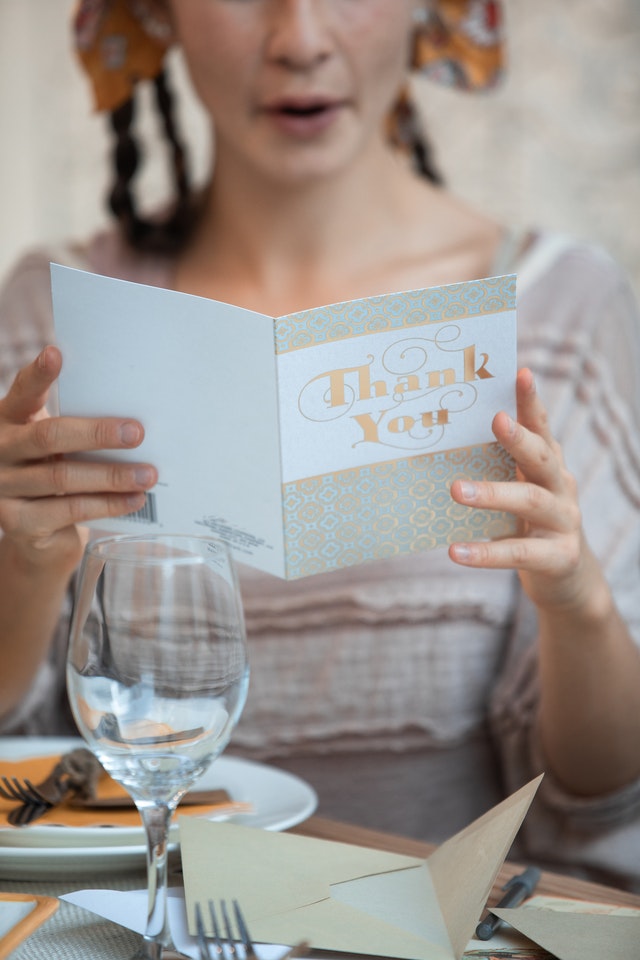

Habits that Make Us Happy: Understanding Hope
July 13, 2020 by Counseling and Wellness Center of Pittsburgh exercise for gratitude, hope, Understanding Hope 0 comments
When looking for the definition of hope, it’s difficult to find merely one answer. Throughout the history of psychology, there have been numerous attempts to define hope. Hope is a human universal, and being universal, it falls into an interesting paradox; while all people experience hope, each individual’s experience is personal, intimate, and unique. Because there are so many ways to subjectively experience hope, it is useful to have a universal definition that can be implemented across all experiences that call for hope. Positive psychology offers us a lens through which we can view this complex, yet essential, human experience.
Those who have made it out of the depths of despair and difficulty know that hope is much deeper than a simple desire: it is a deep longing in our heart for a better future. An understanding of hope allows us to cultivate better emotional health.
In psychology, hope has been given many definitions. The most comprehensive definition of hope is, ‘‘a process of anticipation that involves the interaction of thinking, acting, feeling, and relating, and is directed toward a future fulfillment that is personally meaningful (Stephenson, 1991).’’ It is not just a feeling, but a system of thoughts, feelings, and actions that bring us into the future while creating that future. Hope is a healthy habit that involves our will and our emotions. Hope can be practiced and developed. We might not always feel the emotion of hope, but these are the times when we truly have to choose to be hopeful.
Charles Richard Snyder developed Hope Theory which defines hope as “the perceived capability to develop pathways to desired goals and motivate oneself via agency thinking to use those pathways (Snyder, 2002).” Developing pathways refers metaphorically to the ability to read a map and to find the best route to a destination. Agency refers to the actual desire, driving ability, and confidence needed to reach that location. Taken together, these create a sense of positive future outlook. This concept of hope has been consistently validated by psychological study.
In recent studies in the field of positive psychology, research on hope has blossomed. Christopher Peterson is one of the founders of the movement and he explains, “Positive psychology is the scientific study of what makes life most worth living (Peterson, 2008).” Positive psychology studies human strengths and virtues in order to better understand how we can promote human flourishing. In positive psychology, hope is defined as, “expecting the best in the future and working to achieve it; believing that a good future is something that can be brought about (Parks, Peterson, Seligman, 2004).”

Practicing gratitude can be a positive force in your life.
Hope is particularly important for human flourishing, and there is a tremendous amount of research to support this concept. In fact, hope has been found to be one of the two-character strengths most associated with life satisfaction and well-being(Gander, Hofmann, Proyer, Ruch, 2019) (Zhang, Chen, 2018) (Martinez-Martini, Ruch, 2014). Hopeful people are less likely to suffer from anxiety or stress disorders (Arnau, Gallagher, 2018) (Long, Gallagher, 2018), and if they do become anxious, those feelings tend not to overwhelm them. Researchers found that in a group of student athletes, higher levels of hope predicted superior classroom achievements. On top of that, hope predicted superior athletic achievements, and did so beyond various psychological states (self-esteem, mood, and confidence), amount of time practiced, and natural athletic talent (Curry, Snyder, Cook, Ruby, Rehm, 1997). Similarly, in a group of first-year law students, researchers found that hope significantly predicted better academic performance. Additionally, the same measures of hope predicted greater life satisfaction at the end of the first semester (Rand, Martin, Shea, 2011). Showing just how much of an impact hope can have on students, a 3-year long study of hope and academic achievement found that hope uniquely predicts objective academic achievement above intelligence, personality, and previous academic achievement (Day, Hanson, Maltby, Proctor Wood, 2010). Individuals high in hope tend to perceive obstacles as less stressful, are quicker to rebound from obstacles, and demonstrate resilience in response to challenging circumstances (Snyder, 2002).
So, what can you do to increase your hope? The answer is short and simple: be grateful. A recent study found that a brief gratitude-related writing intervention significantly improved the participants’ state of hope and happiness. Raising awareness of the good outcomes already present in our lives can uniquely inspire hope for future good outcomes and also make us happier (Witvliet, Richie, Luna, Tongeren, 2018)! The greatest opportunity to foster gratitude is in the present moment. Taking time to be mindful of the unique people, events, and highlights of your day provides an opportunity to step into gratitude.
Having hope is like creating a healthy relationship with the future. It requires thoughtfulness, and at times, a bit of work. It involves being able to identify pathways to achieve our desired future, and the ability to pursue those pathways. Hope is not something that happens to us: it is something that we practice. It is something that we strengthen, develop, and grow. In short, hope is a habit that makes us happy.
If you’d like to cultivate hope today, take a minute to try this exercise. First, think of a hope you have for the future. Now, reflect on a time in your past when you had hoped for an outcome, and your hope was fulfilled. You could do this in your head, on a piece of paper, or on your phone. Write about what you learned through having this past hope fulfilled in your life. As you reflect on this experience of hope, identify and name what you are grateful for and to whom you are grateful (Witvliet, et.al. 2018).
By: John Paul Dombrowski Counseling Intern
Work Cited:
Curry, L. A., Snyder, C. R., Cook, D. L., Ruby, B. C., & Rehm, M. (1997). Role of hope in academic and sport achievement. Journal of Personality and Social Psychology, 73(6), 1257-1267. doi:10.1037/0022-3514.73.6.1257
Day, L., Hanson, K., Maltby, J., Proctor, C., & Wood, A. (2010). Hope uniquely predicts objective academic achievement above intelligence, personality, and previous academic achievement. Journal of Research in Personality, 44(4), 550-553. doi:10.1016/j.jrp.2010.05.009
Gander, F., Hofmann, J., Proyer, R. T., & Ruch, W. (2019). Character strengths – Stability, change, and relationships with well-being changes. Applied Research in Quality of Life. http://doi.org/10.1007/s11482-018-9690-4
L.J. Long, M.W. Gallagher Hope and posttraumatic stress disorder M.W. Gallagher, S.J. Lopez (Eds.), The Oxford Handbook of Hope, Oxford University Press, New York, NY (2018), pp. 233-242
Martinez-Marti, M. L., & Ruch, W. (2014). Character strengths and well-being across the life span: data from a representative sample of German-speaking adults living in Switzerland. Frontiers in Psychology, 5, 1253. http://doi.org/10.3389/fpsyg.2014.01253
Park, N., Peterson, C., & Seligman, M. E. (2004). Strengths of character and well-being. Journal of social and Clinical Psychology, 23(5), 603-619.
Peterson, C. (2008, May 16). What Is Positive Psychology, and What Is It Not? Retrieved July 10, 2020, from https://www.psychologytoday.com/us/blog/the-good-life/200805/what-is-positive-psychology-and-what-is-it-not
R.C. Arnau Hope and anxiety M.W. Gallagher, S.J. Lopez (Eds.), Oxford Handbook of Hope, Oxford University Press, New York, NY (2018), pp. 233-242
Rand, K. L., Martin, A. D., & Shea, A. M. (2011). Hope, but not optimism, predicts academic performance of law students beyond previous academic achievement. Journal of Research in Personality, 45(6), 683-686. doi:10.1016/j.jrp.2011.08.004
Snyder, C. R. (2002). TARGET ARTICLE: Hope Theory: Rainbows in the Mind. Psychological Inquiry, 13(4), 249-275. doi:10.1207/s15327965pli1304_01
Stephenson, C. (1991). The concept of hope revisited for nursing. Journal of Advanced Nursing, 16,
1456–1461.
Witvliet, C. V., Richie, F. J., Luna, L. M., & Tongeren, D. R. (2018). Gratitude predicts hope and happiness: A two-study assessment of traits and states. The Journal of Positive Psychology, 14(3), 271-282. doi:10.1080/17439760.2018.1424924
Zhang, Y., & Chen, M. (2018). Character strengths, strengths use, future self-continuity and subjective well-being among Chinese university students. Frontiers in Psychology, 29. https://doi.org/10.3389/fpsyg.2018.01040
Related Posts
Habits that Make Us Happy: Understanding Hope
July 13, 2020
When looking for the definition of hope, it’s difficult to find merely one...
10 Things Your Therapist Wants You to Know
June 2, 2022
Our therapists are here to offer mental wellness support with specific...



